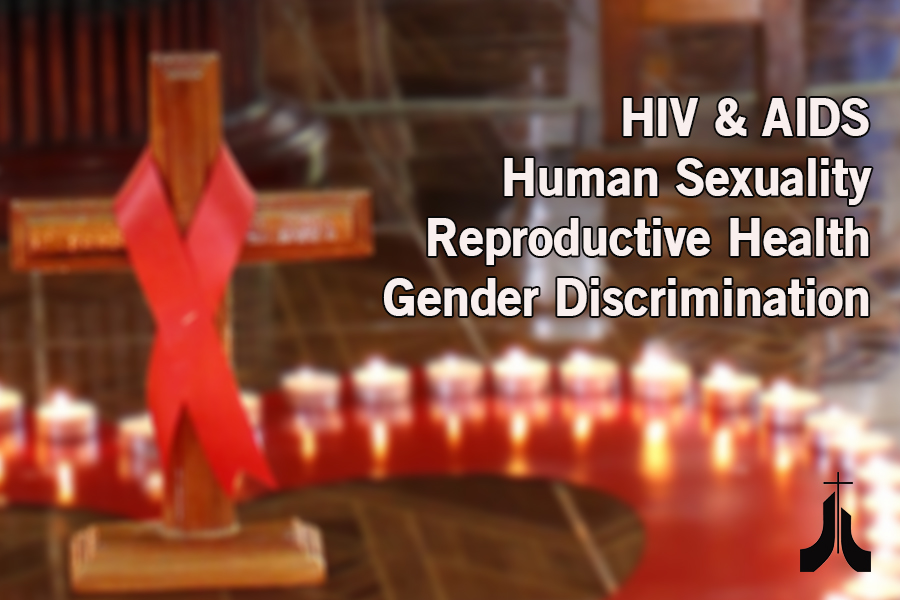Virtual consultation on Vulnerability of HIV and AIDS: Challenges and Issues of Human Sexuality, Reproductive Health, and Gender Discrimination
The Christian Conference of Asia (CCA) invites registrations and nominations from interested persons to engage in an online (virtual) consultation on ‘Vulnerability of HIV and AIDS: Challenges and Issues of Human Sexuality, Reproductive Health, and Gender Discrimination’.
The upcoming online ecumenical consultation will enable participants to gain skills, tools, and knowledge that will help them and others to respond effectively and advocate for HIV and AIDS and other related issues.
The importance of addressing the vulnerabilities of HIV and AIDS in the community as well as related issues such as human sexuality, reproductive health, and gender discrimination are of great concern everywhere today. Women, youth, commercial sex workers, and people with same-sex orientation are more vulnerable to HIV and AIDS transmission.
The consultation will be held from 2 September 2020 (Wednesday) to 4 September 2020 (Friday) via an online platform (Zoom application). Each day will have three sessions of one hour each, with different topics covered per hour. There will be nine sessions in total over the three days of the consultation.
Admissions to the consultation will be limited to 30 participants. Selected participants are required to have a valid and registered Zoom account and access to a stable internet connection/tech device to access the online meeting room.
The concept note for the online ecumenical consultation can be accessed here.
Those who are interested to participate should register in advance: https://forms.gle/7KpHzSdmQGh5BYcz9. The deadline for completing the online application form is 26 August 2020.










